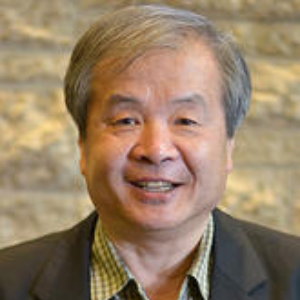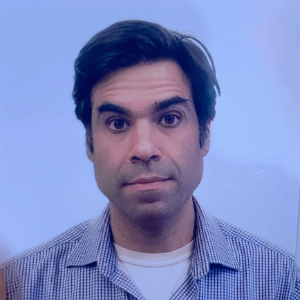The research and treatment of individuals with nervous system disorders is the focus of this discipline of Clinical Neurology. A neurologist is a doctor who specializes in the treatment of nervous system illnesses. The nervous system is divided into two sections: the central nervous system and the peripheral nervous system. The brain and spinal cord are included.
Neurophysiology is a branch of medicine that analyses the central and peripheral neural systems by observing bioelectrical activity, both spontaneous and induced. It includes pathophysiology research as well as clinical strategies for diagnosing disorders affecting both the central and peripheral nervous systems. In the discipline of clinical neurophysiology, tests aren't restricted to those performed in a lab. It is regarded as a follow-up to a neurology consultation.
Neurosurgery (also known as neurological surgery) is a branch of medicine that focuses on the prevention, diagnosis, and treatment of ailments of the spine, brain, and nervous system. The surgical specialty of neurosurgery tackles diseases and abnormalities of the brain and spinal cord.
- Neurological progress
- Neuro-Physiology
- Neurodegenerative Disorders
- Neurogenetics
- Neurological Disorders

Yong Xiao Wang
Albany Medical College, United States
Nazneen N Dewji
Cenna Biosciences Inc, United States
Bin Hu
University of Calgary, Canada
James S Maniscalco
Northwell Health Staten Island University Hospital, United States
Nicholas Kendrick
Kaiser Permanente Mid Atlantic Permanente Medical Group, United States
Alford Madeline
CESPU University, Portugal
Charikleia Karastamati
University of Pavia, ItalySubmit your abstract Today
Important Alert:
X

Title : Early clinical development of modified P8 for the treatment of alzheimer’s disease
Nazneen N Dewji, Cenna Biosciences Inc, United States
Title : Who cares for the carers
Jacqueline Tuppen, Cogs Club, United Kingdom
Title : Memory should be the primary endpoint in early AD
Matthias W Riepe, Ulm University, Germany
Title : Down’s syndrome (trisomy 21) and alzheimer disease: A common medical and scientific fight
London Jacqueline, Paris Diderot University, France
Title : Quality of life children with autism spectrum disorder
Zhenhuan Liu, Guangzhou University of Chinese Medicine, China
Title : Efficacy of transcranial photobiomodulation in mild cognitive impairment and early alzheimer’s Disease: A randomized controlled study
Hyelim Chun, St.Peter’s General Hospital, Korea, Republic of